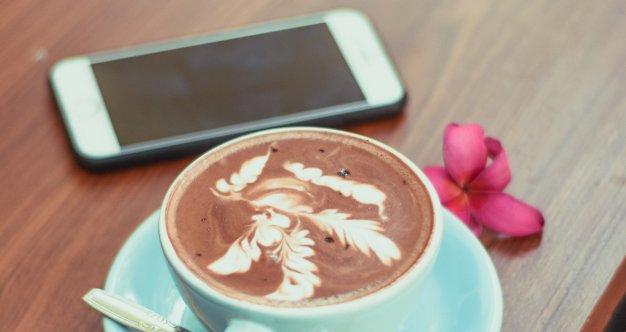A new national survey reveals some pretty head-scratching trends in the public's understanding of what does and doesn't cause cancer. The most interesting findings:
- 9% of Americans believe that caffeine can cause cancer
- 16% of Americans believe that cell phones can cause cancer
- 28% of Americans believe that artificial sweeteners cause cancer
The third annual National Cancer Opinion Survey, conducted by the American Society of Clinical Oncology (ASCO) in collaboration with the Harris Poll, questioned over 4,000 people over the age of 18 about their attitudes and beliefs regarding cancer, including cancer prevention and risk.
Read MorePercentage of Americans who (wrongly) believe that cell phones can cause cancer
Source: National Cancer Opinion Survey, ASCO/Harris Poll
The same lack of knowledge was shown in response to a question about whether certain viral infections can cause cancer: Only 23 percent of Americans thought they could do so, but the reality is that certain viral infections, such as human papillomavirus (HPV) can absolutely cause cancer. HPV can cause cervical cancer and anal cancer as well as several types of oral cancer and cancers of the genitals.
And while the HPV vaccine is highly effective in preventing HPV-related cancers, an awareness of the link between cancer and viral infections like HPV is, for many people, a necessary first step to getting vaccinated (and making sure their children get vaccinated, since the vaccine is most effective when it's given before the age of sexual activity).
What to Know About HPV and Cancer Risk
Why Are Americans so Misinformed? They Aren't Sure Who to Trust
The troubling misconceptions and lack of awareness regarding cancer risk factors could have quite a bit to do with another troubling piece of data that the same survey found.
Sixty-six percent of people surveyed said they agreed with the statement, "I'm not sure which sources to trust when it comes to information about what causes cancer." And the same two-thirds of people agreed with the statement, "When it comes to information about what causes cancer, I don't know what to believe."
The findings come on the tails of major admissions from Facebook, YouTube and Google about the overwhelming amount of bogus health information on their platforms.
Every day, millions of people consume health content that is inaccurate and dangerous, ranging from advertisements about bogus cancer cures derived from plants to articles touting the benefits of, say, apricot seeds for "curing cancer."
"Everyone talks about fake news, and it's a problem in medicine, too," Dr. Elizabeth Comen of Memorial Sloan Kettering Cancer Center previously told SurvivorNet. "One of the things that's so important is that there is so much information that's out there, and patients should be empowered with the right kind of information."
Learn more about SurvivorNet's rigorous medical review process.


